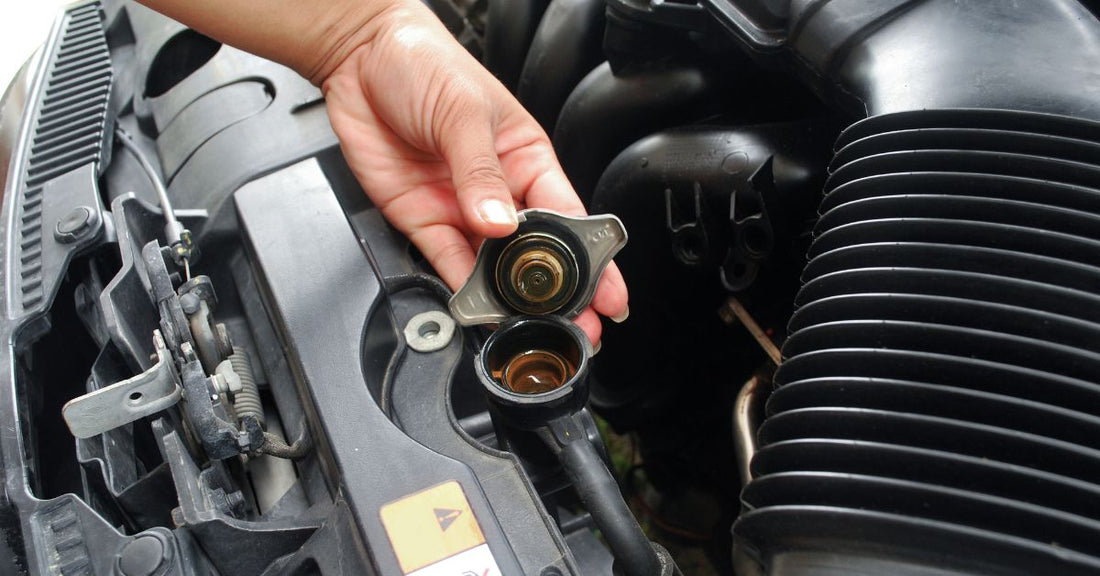
Overheating Car? Could Be Your Cooling System
The most common sign of a cooling system problem is your car overheating. If your vehicle overheats regularly, it's crucial to have it inspected immediately. While overheating can also be caused by issues like a cracked engine block or head gasket, cooling system malfunctions are a frequent culprit. Here are some key cooling system problems that can lead to overheating:
-
Cooling System Clogs: Clogs prevent coolant from circulating properly, leaving parts of the engine without vital cooling. This localized heat can spread, causing the entire engine to overheat. Regular cooling system flushes can help prevent clogs.
-
Cooling System Leaks: Leaks, often from hoses or the radiator itself, reduce the amount of coolant circulating, leading to overheating. Regular maintenance can identify and address potential leaks before they cause major problems.
-
Thermostat Malfunction: The thermostat regulates coolant flow into the engine. If it fails, it may not release coolant when needed, causing the engine to overheat. Thermostats typically last about ten years, so if your older car is overheating, this could be the issue.
-
Water Pump Failure: The water pump circulates coolant throughout the engine. Like the thermostat, it usually lasts around ten years. A malfunctioning water pump can disrupt coolant circulation, leading to inconsistent engine temperatures and potential overheating.
-
Radiator Problems: The radiator plays a crucial role in cooling the engine. It can develop leaks from sediment buildup or damage from road debris. Sediment can also clog the radiator, reducing its efficiency. A faulty radiator will need replacement to restore proper cooling.
If your car is overheating, don't delay! Have it inspected by a qualified mechanic to diagnose the problem and prevent further damage.

